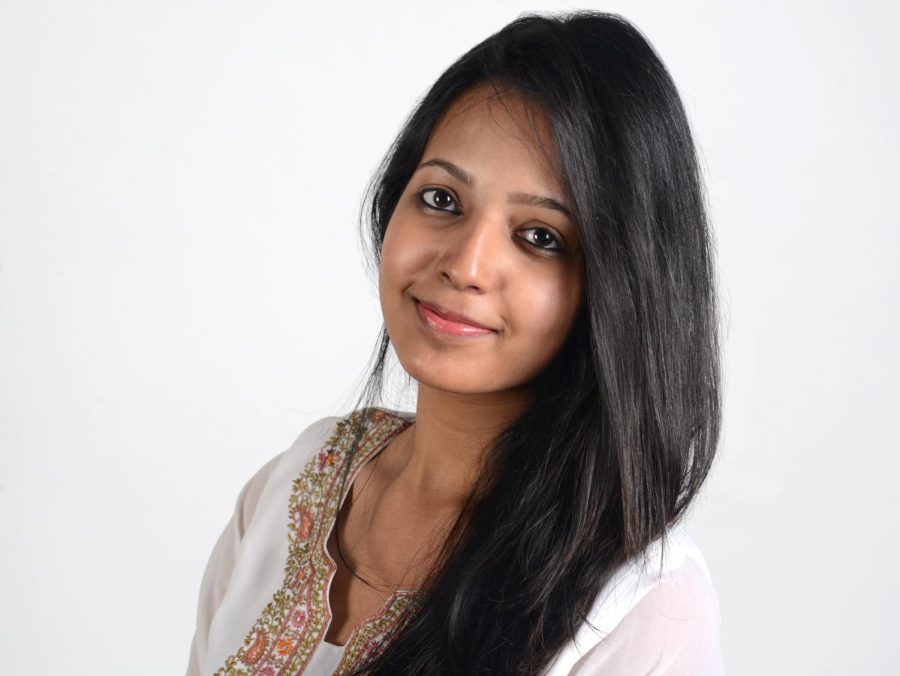Opinion: Too much competition mars the creative
Sanjana Iyer is a sophomore fashion merchandising major and columnist for the Daily Kent Stater. Contact her at [email protected].
April 20, 2014
How many times have you decided how well or poor your grade in a class was based on everyone else’s grades in the class? We often look at the class average to decide how well we did in that course. It has probably happened to all of us at some point.
If we broaden this equation to almost every aspect of our lives, it also reflects our general sense of accomplishment — which is always relative to everyone else’s. Coming from a country like India, where competition in academics is brutal to say the least, I have observed the importance of being “better than everybody else,” regardless of what an individual personally associates with the word “success.”
Is the entirety of our human race meant to constantly thrive off of this competitive drive?
It is very important to understand that each individual has a unique skill set to offer to the world. This skill set needs to be nurtured purely, not adulterated by prioritizing competition above all else.
I once watched an interview of one of the actors of a popular TV show. She was talking about her audition for her role and said the only thing that gave her advantage over her competitors was her complete lack of awareness about the competition in the first place.
Her mind was unhindered and she gave her audition feeling relaxed and being authentic to herself, which won her the part.
From the time we are able to form sentences, we are expected to perform better than everybody else in class. This goes on through our school years. But what many of us fail to realizew is that these years are crucial to our psychological foundation.
It cannot be highlighted enough that every human being is different — no two skill sets are ever the same. So how is it right to ask two people to compete when their talents are completely different from one another?
How can one be given more value than another?
Educational institutions lay such a heavy emphasis on logical and analytical sciences that children with more creative, right-brained talents and interests begin to feel worthless. This is especially predominant in developing countries.
Children are asked to excel in mathematics and science, even though some of them might be talented painters and writers. But because they have to be “better than everybody else,” they stop honing their talents and start competing with everyone else.
Aside from the obvious misfortune that schools place such low importance on creative fields, children who are creatively gifted are gradually steered away from their interests.
This sense of competition manifests itself in their adult years and individuals end up choosing professions that are different from their areas of interest. They begin to prioritize money-making and competing above pursuing their passion.
The world as we know it, right now, thrives on this competition. Not only is this self-destructive, but it is also a contradiction to individuality.

























